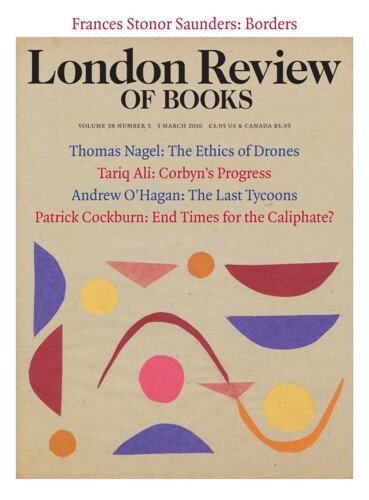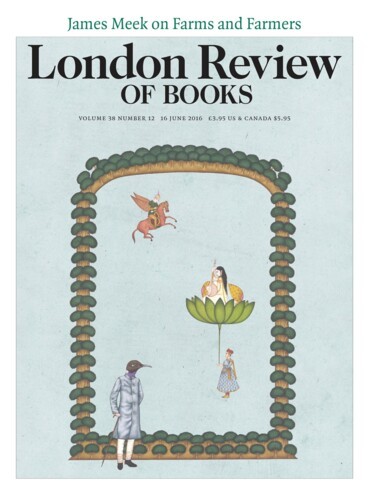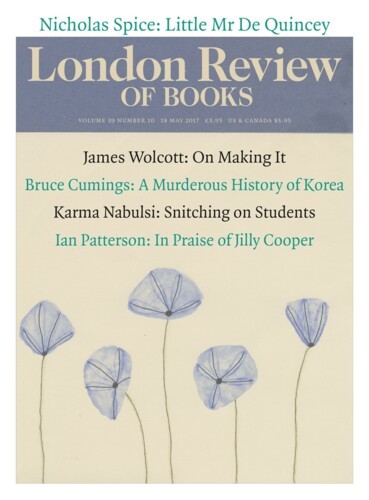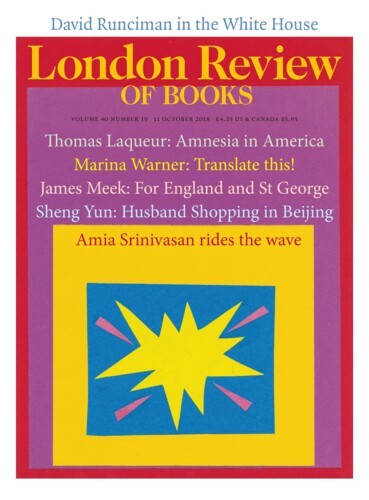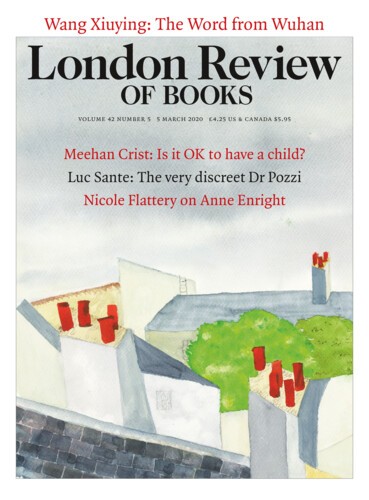Joint Enterprise
Francis FitzGibbon, 3 March 2016
Until the Supreme Court gave its landmark judgment in R. v. Jogee on 18 February, it was possible for someone to be convicted of a crime which they did not personally commit or intend to commit, under the common law doctrine of joint enterprise. If they were involved with an accomplice in one offence, and they foresaw that the accomplice might go on intentionally to commit another, they...
